You may have slept all day and suddenly feel overwhelmed by work. You wonder how many more nights it will cost.
That shouldn’t be an issue. You sip energy drinks all night to stay awake and finish your task on time.
Energy drinks promote performance and energy. These beverages include caffeine, sugar, guarana, taurine, ginseng, and other substances.
Sugar alone gives our bodies energy, retains flavor, adds taste, and extends shelf life.
Popular Energy drinks like Red Bull and Monster include sugar.
Sugar is one reason you love the flavor of energy drinks. Understanding its purpose is important since it has serious side effects.
Read on to learn about energy drinks, sugar, and their makeup.
Contents
Energy Drinks
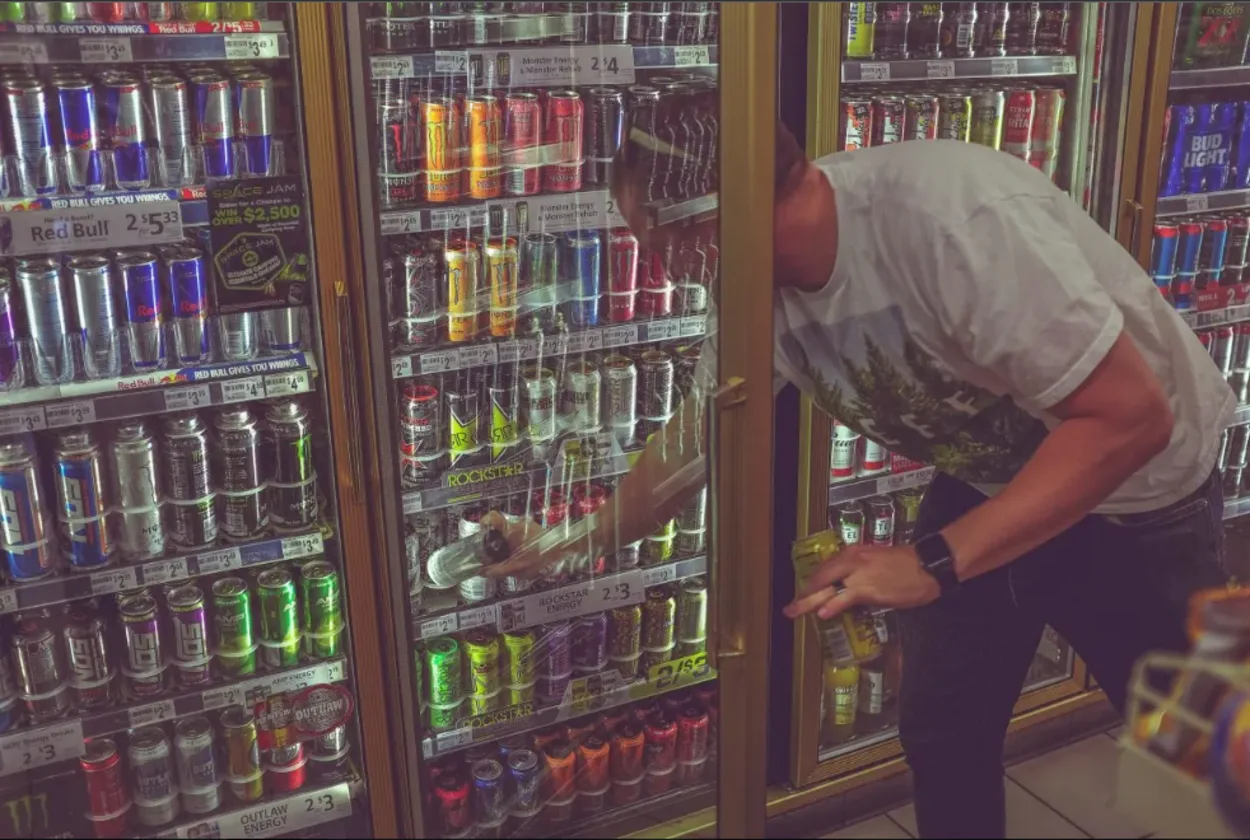
Energy drinks boost mental and physical performance.
Energy drinks have several uses. Improving brain function to increase mental focus is a common strategy.
Sugar and caffeine in energy drinks promote brain activity, alertness, and attention.
Popular energy drinks include Red Bull, 5-Hour Energy, Monster, Rockstar, NOS, and Full Throttle.
Concerns exist concerning the influence energy drinks have on the heart.
Research has linked regular energy drink usage to cardiac issues requiring ER visits.
Energy drinks cause:
- BP rise
- Blood vessel dysfunction
- Seizures
- Strokes
- Future alcohol danger increases
- UTI
Sugar Facts
Sugar is a carbon-hydrogen-oxygen carbohydrate. Carbohydrates are important to a healthy diet, like proteins and fats.
Most of the body’s tissues use glucose as energy from digested carbohydrates.
Red blood cells, the Central Nervous System, and the brain love glucose.
Sugars are caloric, sweet-tasting compounds found in fruits, vegetables, honey, and milk.
Lactose is somewhat sweet, while fructose is the sweetest natural sugar.
Added Sugars
When discussing sugar, doctors rarely address the natural sugar in these drinks. Added sugar refers to calorie-containing sweeteners added to food during preparation, at home, or in a factory.
Added sugars are sugars and syrups added to foods during preparation, processing, or at the table.
Added sugars provide no nutrition but many calories, which can contribute to obesity. This harms the heart.
Limit sugary beverages. A 12-ounce can of a typical energy drink has 160 calories and 10 teaspoons of sugar.
According to the American Dietary Guidelines, a little amount of added sugars can be part of a balanced eating pattern (vegetables, fruits, grains, dairy, and protein foods).
Additives cause:
- CVD
- Obesity
- T2D
- hepatitis
- Insulin dysfunction
Sugar in Energy Drinks
Many energy drinks contain sugar. Without it, drinks would taste bland.
Hydrolyzed starch is used to make glucose syrup for pre-mixed powders. As a concentrated sugar, just a minimal quantity is needed. As a humectant, it keeps pre-mixed powders fresh.
These powders use glucose syrup because of their dissolving qualities. Smaller molecules dissolve faster and with less agitation in liquids.
Rockstar and Red Bull are high-sugar brands. A 16oz can of Rockstar has 63mg of sugar, whereas a 16 oz can of Red Bull has 51mg.
The American Heart Association advises 24 grams of sugar for women and 36 grams for men.
Let’s compare energy drink sugar content.
| Energy Drinks | Red Bull | Monster | Rockstar | Bawls | BreinFuel | Guru | Hi-Ball |
| Sugar Content | 27g | 54g | 24g | 46g | 5g | 30g | 25g |
| Considered | High | High | High | High | Low | High | High |
Sugar’s Effects
Obesity and type 2 diabetes are rising in the US due to excessive sugar usage. We enjoy sugar but overlook the damage it does.
FDA recommends six tablespoons of sugar daily. Still, research shows that Americans drink more than triple that amount, sometimes without realizing it.
Sugar overconsumption threatens:
Muscles
High-sugar diets and fructose, a sugar-like additive, induce non-alcoholic fatty liver disease (NAFLD). Before 1980, this was rare.
Read labels on beverages, especially biscuits, and pick ones with little or no fructose.
Cardiovascular
Chronically high insulin levels induce artery muscle cells to grow quicker, causing high blood pressure.
High blood pressure might cause a stroke or persistent heart problems.
Addiction
Sugar makes the brain’s pleasure center release opioids and dopamine. Quick tolerance requires higher dosages.
Give your taste receptors a week to adjust to less sugar. Sugar-free drinks help get over the hump.
High Cholesterol
Recent studies show that those who eat the most added sugars had the highest dangerous cholesterol levels and the lowest beneficial cholesterol levels.
Eggs help curb sugar cravings.
Sugary Drinks
Energy drinks usually contain sugar. Sucralose, Ace-K, and Aspartame make energy drinks sweet.
Even though sugar-free versions of many popular energy drinks are available, customers prefer the sweeter flavor of conventional beverages.
Some sugary energy drinks:
Red Bull
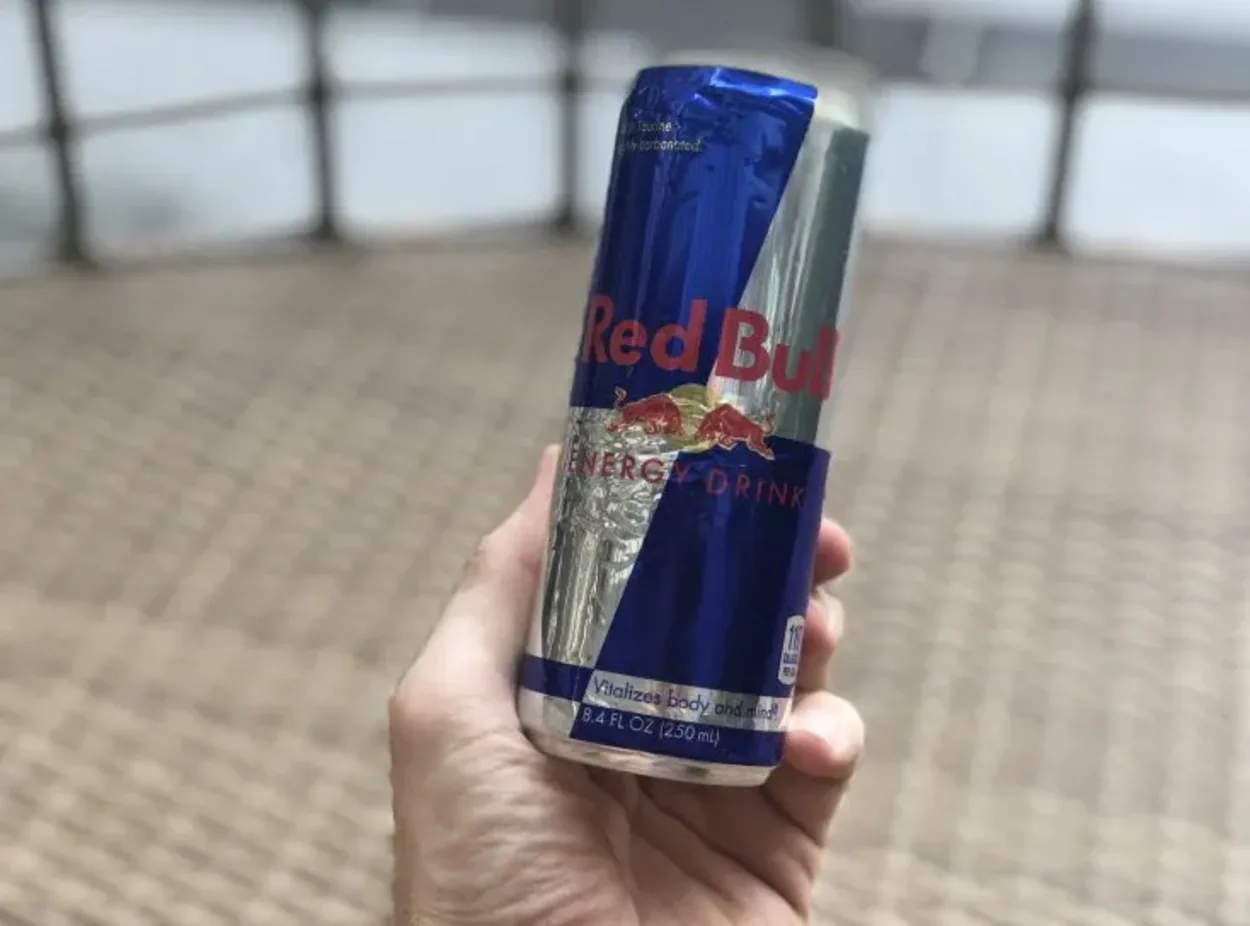
Red Bull is a reliable energy drink during the day.
80mg of caffeine, roughly a cup of coffee. It’s one of the most popular beverages, therefore many people enjoy it.
Red Bull’s basic version features a lot of sugar, which adds calories.
Red Bull comprises 27 grams of sugar, little over half the FDA’s 50-gram limit. In excess, it can cause sugar crashes, acne, and weight gain.
Consider Red Bull’s sugar-free variant or other energy drinks.
Monster Energy
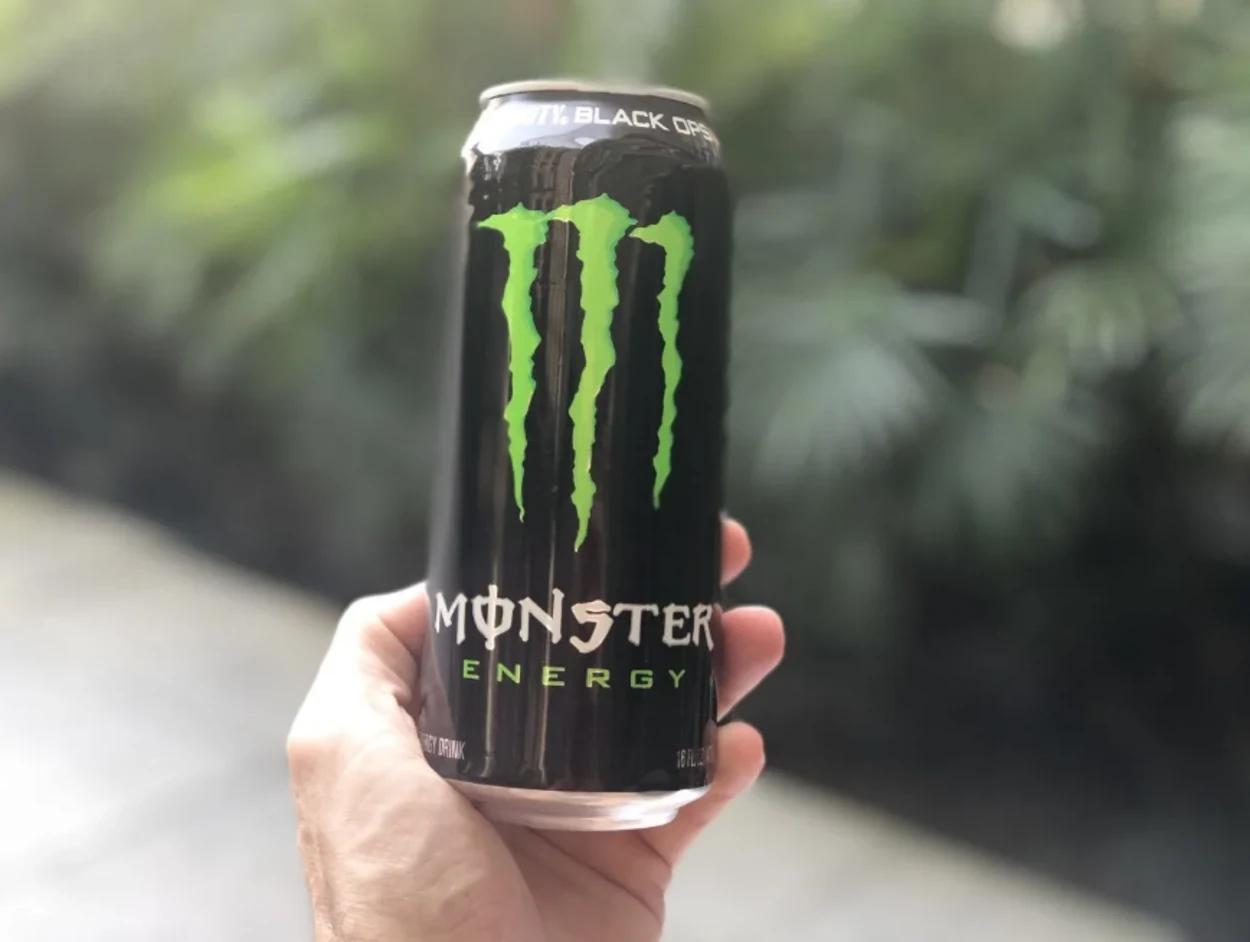
Monster is everywhere. They’re online, in stores, and in ads.
Monster Energy’s popularity isn’t surprising. We may anticipate it to last a little longer.
Monster is a good sugar fix if you don’t drink coffee.
Monster Energy has 54g of sugar.
AHA advises a daily sugar restriction of 25 grams for women and 36 grams for men.
Monster has double the daily sugar requirement of both sexes (104g)
A daily dosage of Monster Energy can cause obesity, type 2 diabetes, liver illness, and, in the worst scenario, heart difficulties, stroke, and death.
Rockstar Energy Drink
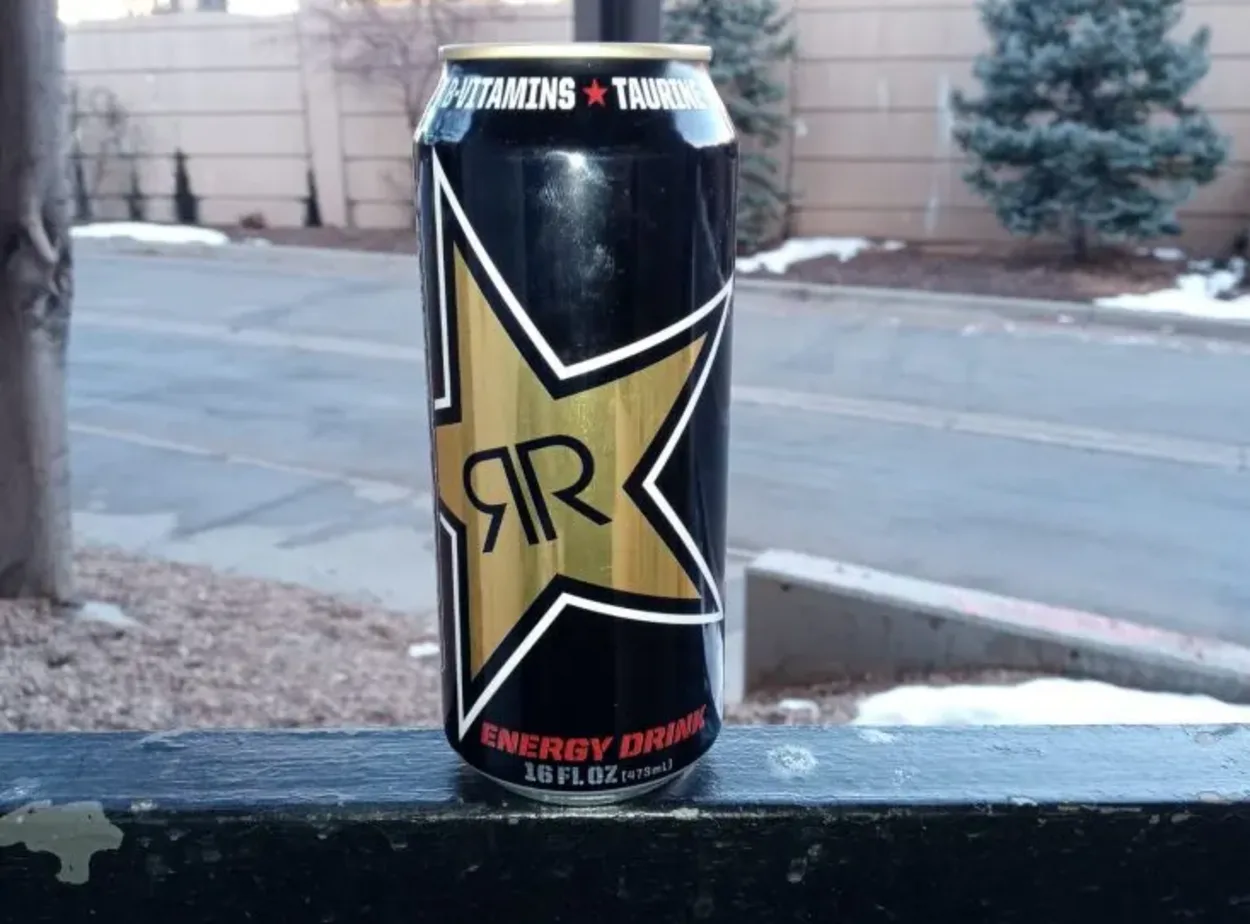
Rockstar has been selling energy drinks since 2001. After 20 years, they’ve refined their drink mix.
It gives you energy and a lovely flavor, but have you considered the sugar level?
Rockstar has 24g of sugar per 16oz.
The non-sugary drink lacks taste. Sugar and other ingredients neutralized the flavor.
The NHS recommends 30 grams of sugar per day.
Pros and Cons of Consuming Sugar
You can’t avoid sugar. I enjoy sweets in whatever form, yet I worry about the influence sugar has on my everyday life and restrict it.
Sugar has benefits, but its cons are insurmountable.
Positives of Sugary Energy Drinks:
- Energizer
- Taste
- Shelf-life extension
Cons of Sugary Energy Drinks:
- Leptin resistance promoter
- Addiction
Sugar-Free Energy Drinks
Energy drink Runa
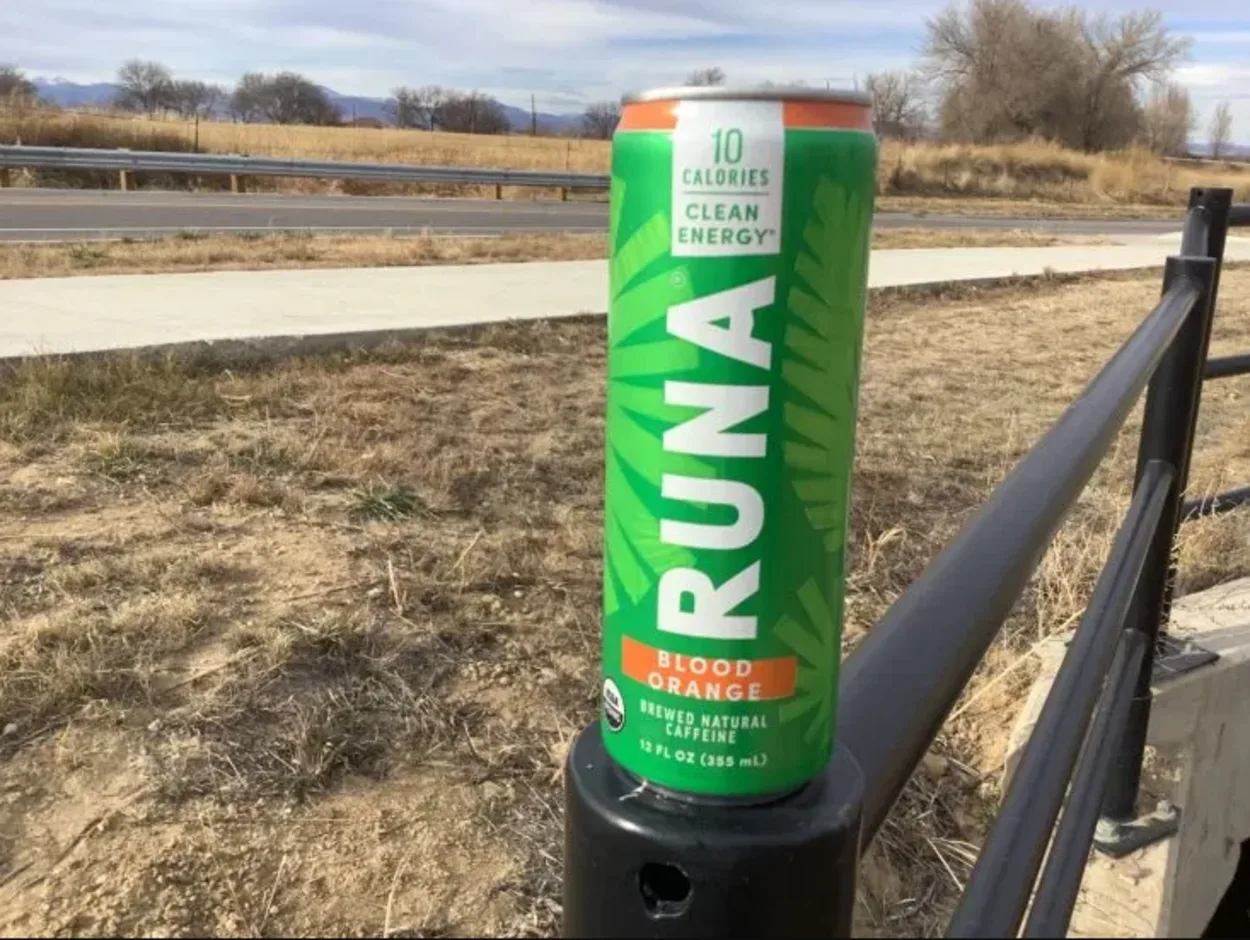
Runa Clean Energy’s name suggests it employs only organic materials.
This organic energy drink is USDA-certified. The organic cane sugar and Guayusa plants provide caffeine.
The brewed Guayusa leaf provides constant energy, mental clarity, and focus without a crash.
Runa Clean Energy cans contain 150 mg of caffeine. Any greater than that might be dangerous for people with a low caffeine tolerance.
Organic Cane Sugar, Natural Flavors, Citric Acid, and Malic Acid are other components.
Although it contains organic components, it lacks electrolytes and B-Vitamins, which sustain bodily fluids and health.
Celsius Energy Drink
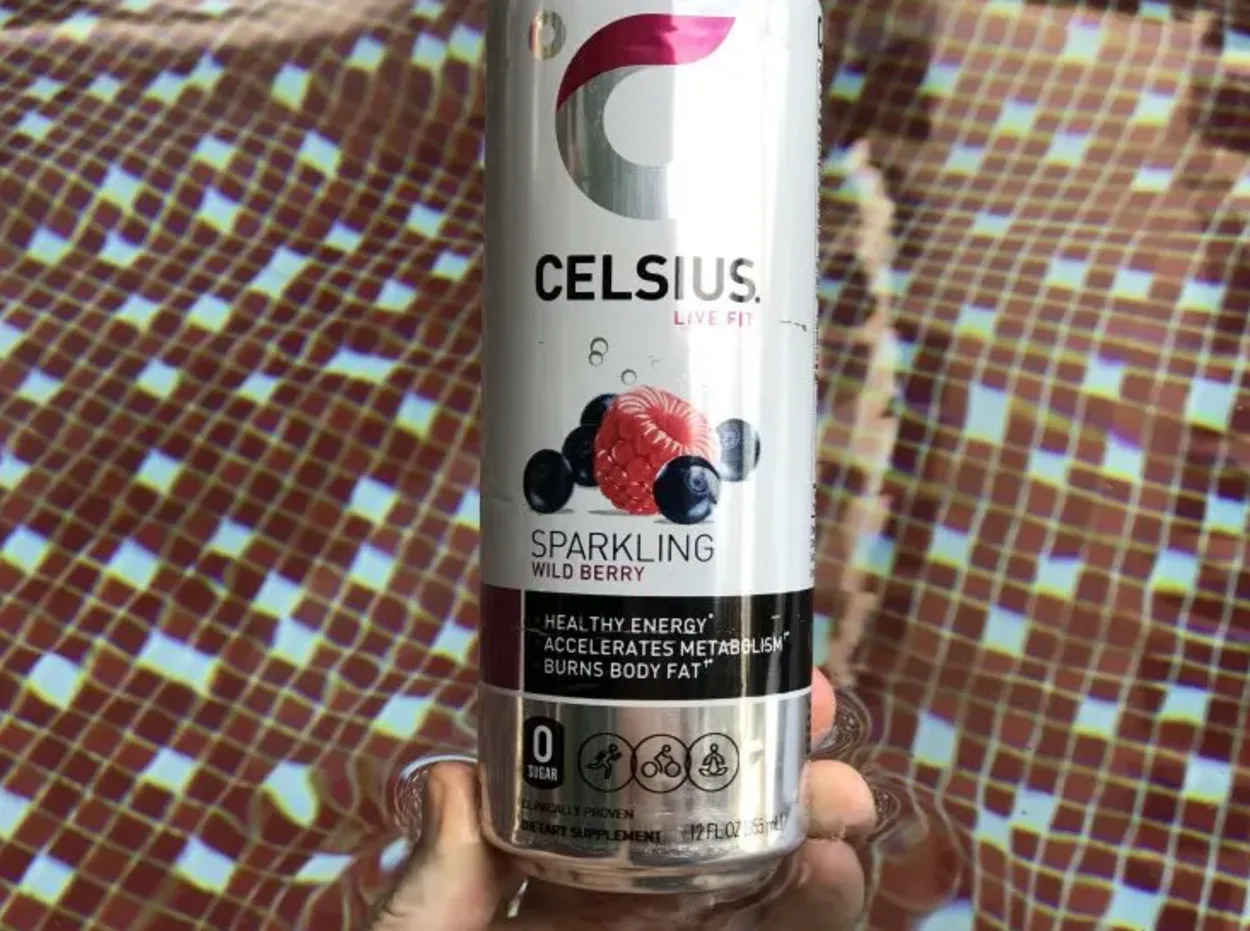
In 15 years, Celsius energy drinks have evolved. Celsius began selling beverages in 2005. Four kinds exist.
It tastes like mild fruit juice. 200 mg of caffeine is combined with organically produced ingredients to burn calories and maintain health.
Celsius brags about its “strong, proven, unique MetaPlus combination“.
Meta Plus includes Caffeine, Taurine, Ginseng, Guarana, and Glucuronolactone. Celsius Energy has entirely organic components.
No added sugar, artificial flavors, colors, or preservatives make it healthy.
This product contains no corn syrup or aspartame. Celsius makes gluten-free, vegan goods.
FAQs about Sugar and Energy drinks

Q. What is the Function of the Sugar That is Present in Energy Drinks?
These can magnify the energy boost that the drink provides, in addition to the negative effects that caffeine can have. In order to facilitate the benefits of giving you more energy, energy drinks typically include a significant quantity of sugar.
Q. Which is Better, Energy Drinks with Sugar or Energy Drinks without Sugar?
Sugar-free energy drinks often have lower total calorie and carbohydrate counts in comparison to their sugar-containing counterparts, making them a more nutritious option overall. In addition, these beverages may give advantages such as enhanced mental clarity and focus, enhanced physical performance, and even weight loss.
Q. Do Energy Drinks Contain an Unhealthy Amount of Sugar?
Sugar content is rather high in energy drinks, with an average of 14 teaspoons or 56 grams of sugar per can which is 473 milliliters in size.
Please take note that 4 grams of sugar are equal to one teaspoon (five milliliters). This sugar is quickly absorbed, but the boost of energy that it provides only lasts for a short period of time. Your caloric intake will rise when you consume sugary drinks, which may lead to weight gain.
Conclusion
- Too many energy drinks can cause mortality, renal failure, and diabetes.
- Certain energy drinks can have up to 100 calories and 25 grams of sugar, which is a lot.
- Simple carbohydrates can stimulate fat cell growth. If you’ve gained weight, cut down on sugary drinks.
- Sugar offers a sweet, delicate flavor but carries health hazards.
- Sugary energy drinks cause type 2 diabetes.
- Failure to produce insulin, which removes sugar from the body, causes this. That suggests you have potentially dangerous blood sugar.
